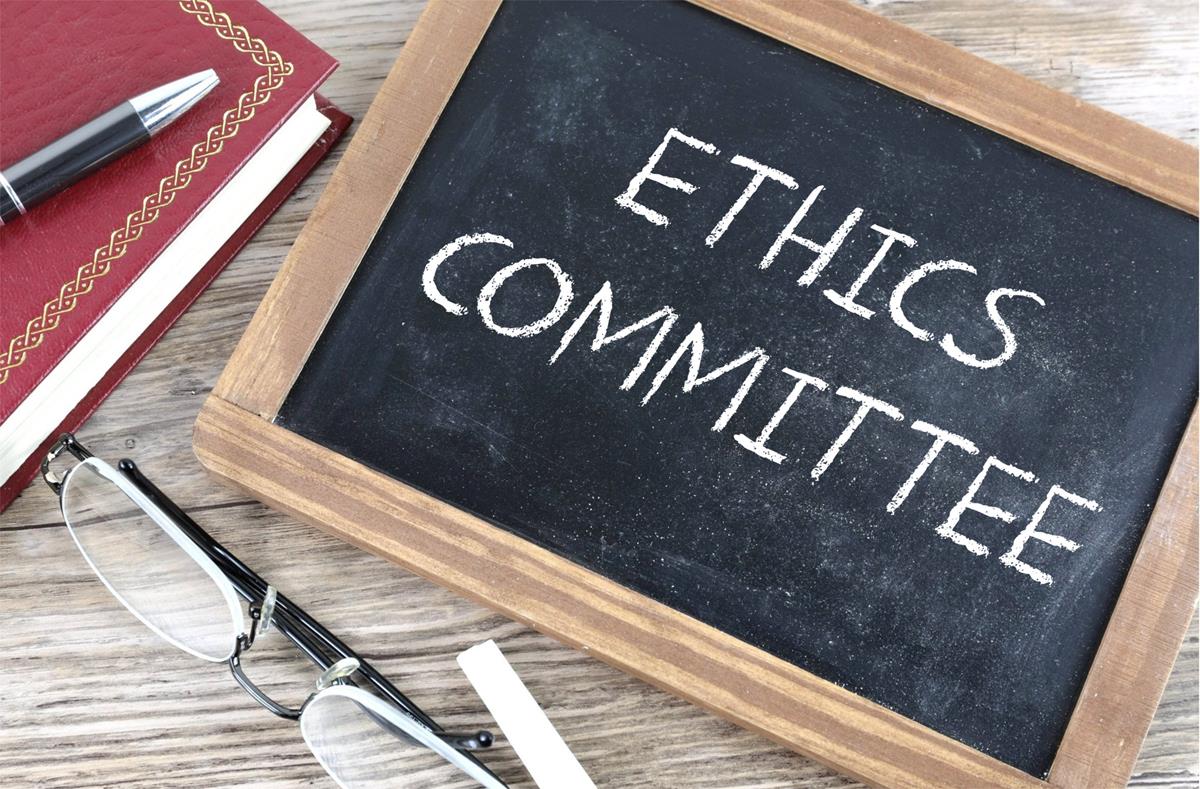Curious about the roles the ethics committee plays in ensuring ethical standards are upheld? Wondering how their decisions impact various aspects of organizational conduct? Read Ethics Committee Registration India
The functions of the ethics committee go beyond mere oversight. As you ponder their significance, you might find yourself intrigued by the intricate mechanisms through which they operate and influence ethical behavior. Read Ethics Committee Registration
Ethics Committee’s Guidance Provision
- When providing guidance, the Ethics Committee ensures clear, ethical standards are upheld in all decisions and actions taken by the organization. The guidance provision is a crucial function of the committee as it navigates the complex landscape of ethical dilemmas that may arise within the organization. By offering clear and principled guidance, the Ethics Committee helps employees and stakeholders make decisions that align with the organization’s values and ethical principles.
- In addressing ethical dilemmas, the Ethics Committee employs a methodical approach that involves assessing the situation, considering various ethical perspectives, and providing recommendations that promote integrity and accountability. Through this guidance provision process, the committee plays a pivotal role in fostering a culture of ethics and compliance within the organization.
- Furthermore, the Ethics Committee’s guidance provision extends beyond mere rule enforcement; it also serves as a resource for individuals seeking clarity on ethical matters, offering support and direction in navigating challenging ethical decisions. By upholding high ethical standards and offering guidance in times of moral ambiguity, the committee contributes to maintaining the organization’s reputation and integrity.

Ethics Committee’s Consultation Role
- The Ethics Committee actively engages in providing consultative guidance to individuals and departments seeking ethical clarity within the organization. This consultation role is crucial in helping address complex ethical dilemmas that may arise in various areas of the business. By offering consultation services, the Ethics Committee plays a significant part in assisting employees and management in navigating challenging ethical situations and making decisions aligned with the organization’s values and ethical standards.
- Individuals or departments facing ethical dilemmas can reach out to the Ethics Committee for advice and recommendations on how to ethically handle specific situations. The Committee’s consultation services involve a thorough analysis of the ethical concerns at hand, consideration of relevant policies and regulations, and the provision of recommendations on the best course of action to uphold ethical principles. Through its consultation role, the Ethics Committee contributes to fostering a culture of ethics and integrity within the organization, ensuring that ethical considerations are at the forefront of decision-making processes.
Ethics Committee’s Educational Function
- Moving from providing consultative guidance to individuals and departments, the Ethics Committee fulfills an essential role in educating stakeholders on ethical principles and standards within the organization. By offering educational resources and implementing training programs, the Ethics Committee ensures that all members of the organization are well-versed in ethical considerations relevant to their roles.
- Educational resources provided by the Ethics Committee may include online modules, workshops, seminars, and printed materials. These resources cover a wide range of ethical topics, from conflicts of interest to patient confidentiality, tailored to address the specific needs of different departments and individuals within the organization.
- Training programs organized by the Ethics Committee aim to enhance stakeholders’ understanding of ethical dilemmas they may encounter in their daily work. Through interactive sessions and case studies, participants learn how to navigate complex ethical issues while upholding the organization’s values and standards.
Conclusion
In conclusion, the three key functions of an ethics committee include:
- Providing guidance on ethical issues
- Offering consultation services for ethical dilemmas
- Educating individuals on ethical principles and standards
These functions are essential in promoting ethical decision-making and ensuring adherence to ethical guidelines within organizations. By fulfilling these roles, ethics committees play a crucial role in upholding ethical standards and fostering a culture of integrity and accountability.